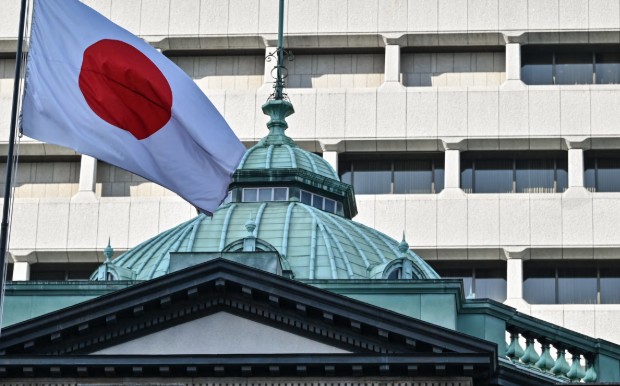Bank of Japan Holds Rates Steady as U.S. Tariffs and Global Uncertainty Weigh on Outlook

The Bank of Japan (BOJ) is expected to hold interest rates steady next week as it navigates growing economic headwinds, including renewed U.S. tariffs, slowing global demand, and currency market volatility. The cautious stance reflects ongoing uncertainty surrounding Japan’s export-driven recovery.
In a statement released ahead of the upcoming policy meeting, BOJ officials signaled that no major rate adjustments are imminent, though they remain prepared to act if inflation or financial market risks accelerate.
Governor Ueda Cautions on Tariff Fallout
BOJ Governor Kazuo Ueda warned that escalating trade measures particularly from the United States pose a direct risk to Japanese manufacturers and global supply chains.
“Tariffs are a real and rising concern,” Ueda said in a recent briefing. “They threaten to destabilize price forecasts and could derail fragile export growth at a critical moment for Japan’s recovery.”
The U.S. administration’s latest tariff policy has already triggered market reaction in Tokyo, with exporters seeing sharp stock declines and the yen fluctuating sharply against the dollar. Japan’s key export sectors including electronics, machinery, and automotive remain highly sensitive to external demand and trade barriers.
What to Watch: Rate Signals and ETF Strategy
While maintaining a neutral stance, the central bank is likely to provide forward guidance on possible future rate hikes, especially if inflation trends remain above the BOJ’s 2% target. Policymakers are also reviewing the bank’s exchange-traded fund (ETF) purchase program, with some speculation that the BOJ may gradually reduce its footprint in equity markets.
Upcoming economic surveys, inflation prints, and corporate earnings will play a key role in shaping expectations for the remainder of the fiscal year.
Diverging Views Inside the BOJ
Though BOJ leadership projects caution, hawkish voices within the policy board have begun pushing for a more proactive stance amid concerns that prolonged price pressures could become entrenched. Some analysts warn that if inflation outpaces wage growth and consumer spending slows, the BOJ may need to consider a more decisive tightening move sooner than expected.
Despite the challenges, optimism persists in some sectors. “There’s resilience in domestic demand, and the labor market remains tight,” said Yuki Tanaka, senior economist at Nippon Capital. “But the BOJ is walking a fine line between inflation control and growth support.”
The central bank’s next official policy decision is due early next week.
